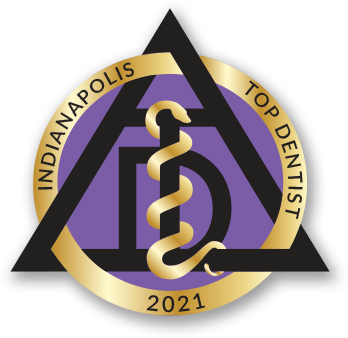Emergency Dentist — Indianapolis, IN
Fast Care for Hurting Indianapolis Smiles

Our team understands that the nature of an emergency is inconvenience. As your dedicated family dental healthcare providers, we’re here for you in these stressful times. Please call our emergency dentist in Indianapolis, IN immediately to request an emergency care visit if you experience a severe toothache, knock out a tooth, badly damage your teeth, or you find yourself in another precarious dental situation. We do our very best to see emergency cases immediately. If you experience intense bleeding or your emergency extends beyond dental care, please go to the nearest emergency room for assistance.
Why Choose Indianapolis Family Dental for Emergency Dental Care?
- Talented Team of Dentists with Decades of Experience
- Same-Day Appointments Available for Emergency Patients
- Options for Making Emergency Dental Care Affordable
What to Do in a Dental Emergency

Should you encounter a dental emergency, it’s important to stay calm and act quickly by following these steps:
- Give us a call: As soon as it is safe to do so, give us a call. We do everything we can to see emergency patients right away and will provide first-aid instructions to follow until you can reach us.
- Get an emergency appointment with Dr. Farthing or Dr. Tepner: As soon as you arrive, your Indianapolis emergency dentist Dr. Farthing or Dr. Tepner will see you right away for an examination to learn more about your situation and alleviate any serious pain.
- Review the findings and make a treatment plan: We’ll fully explain all your treatment options and which ones we recommend. Together, we’ll work with you to create a personalized treatment plan to put your oral health back on track in a way that works best for you.
- Get the fast and professional emergency dental care you need: We offer a wide range of emergency dental services, so whether you need a filling, a root canal, or something else entirely, we’ll get to work right away repairing your smile and protecting your teeth.
The Most Common Dental Emergencies
The two most common dental emergencies that occur are tooth pain and injuries. That means if you’re experiencing chronic tooth pain, it’s likely a dental emergency. If you’ve sustained an injury that chipped or cracked your tooth and you’re experiencing severe discomfort, you need to get to our dental office. If the gum tissue around your tooth is swollen or inflamed, an oral infection could be present, which is always a dental emergency. Keep in mind that if you minorly chip your tooth and no pain is present, you can likely wait until normal business hours to have it treated. Below, we’ve outlined some of the most common dental emergencies, including how you should handle them at home and how we typically treat them.
Understanding the Cost of Emergency Dentistry
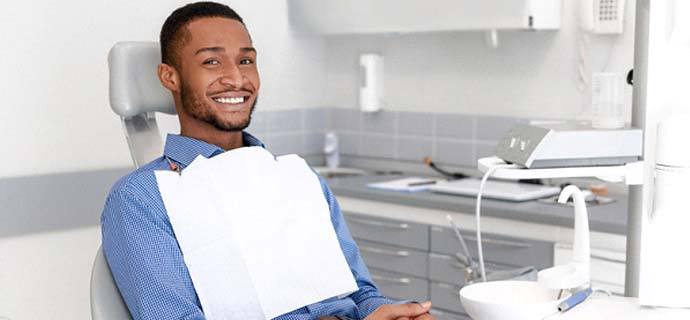
As you may have guessed, emergency dental treatment tends to cost more than a standard checkup and cleaning. However, we can’t provide you with a reliable estimate until Dr. Tepner or Dr. Farthing has had the chance to examine your mouth and make a treatment recommendation. We aim to keep the cost of emergency dentistry in Indianapolis within your budget, which is why we’ll work with your dental insurance and offer CareCredit financing as well as an in-house savings plan.
Every Dental Emergency Costs a Different Amount
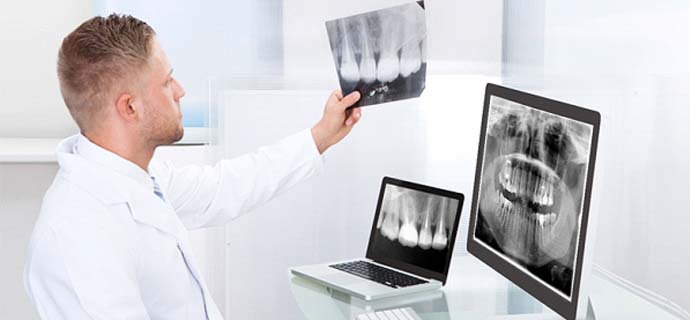
You can expect the cost of your emergency dental exam itself to be relatively low. Once our dentists have evaluated your situation, you can work together to build a treatment plan. Until that point, it’s essentially impossible for us to give you an idea of how much your care will cost. As we carefully explain the available solutions to relieve your pain and renew your oral health, our team will also provide pricing information for these treatments and go over your financing options.
Does Dental Insurance Cover Dental Emergencies?
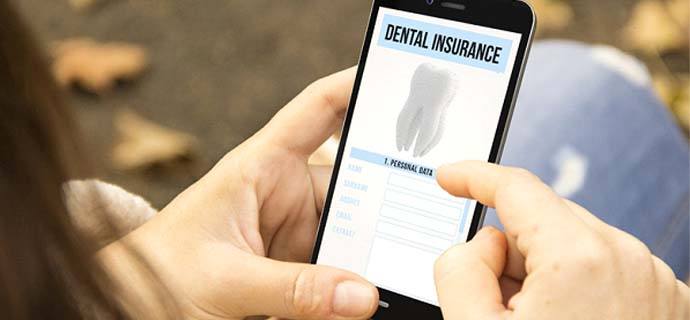
With most dental insurance plans, you’re given some level of coverage for emergency care. For example, many plans cover one or two emergency exams per year. Also, many treatments often used to repair hurting or damaged teeth, such as root canal therapy, dental crowns, and tooth extractions, are covered at around 50% to 80%. Every plan differs in terms of its deductible, annual maximum, and other factors, but our team will make it easy for you to understand. We can also handle much of the paperwork on your behalf.
Other Options for Making Dental Emergencies Affordable

Don’t have insurance? Don’t worry! Our practice has partnered with CareCredit, a third-party financier that offers low- to no-interest payment plans to help qualified patients afford their medical or dental treatment.
Alternatively, uninsured patients can sign up for our Indianapolis Family Dentistry Membership Plan to receive many of the same discounts as insurance without all of the red tape. For a flat monthly or annual rate, you get one FREE emergency exam per year, your basic preventive care covered, and a 15-20% discount on all other treatments completed at our office!
How You Can Save Money on Dental Care

Most dental emergencies can be prevented if you take a proactive approach to your oral health. Spending money on routine checkups now could help you avoid having to spend even more money later on for urgent and extensive dental treatments. Over the course of your lifetime, you could end up saving hundreds or even thousands of dollars in dental care!
Another way to minimize your dental bills is to call us as soon as you notice a toothache, extreme sensitivity, chipped tooth, or any other emergency. Even if you’re not in pain, remember that dental problems rarely get better on their own. In fact, they usually worsen. By coming in for treatment right away, you could avoid the need for pricier procedures in the future.
Keys to Preventing Dental Emergencies
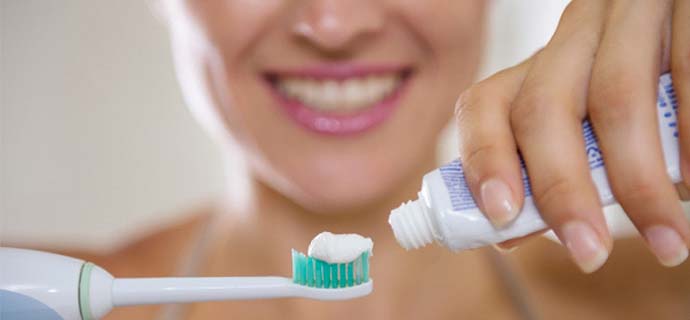
When you’re dealing with a severely painful tooth, it may seem impossible to believe that it could have been avoided. However, the majority of dental emergencies are largely preventable if you implement a few simple habits, like maintaining daily oral hygiene and a healthy diet. Keep these five tips in mind to drastically reduce your risk of dental emergencies.
Keep Your Regular Dental Appointments
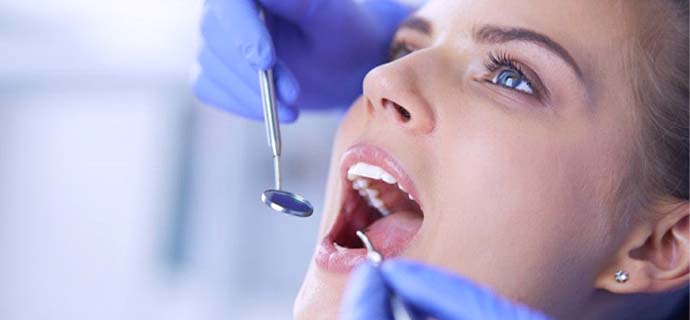
Going to your six-month checkups and cleanings is one of the easiest ways to prevent dental emergencies in Indianapolis. Why is that? By taking a close look at your mouth on a regular basis, our dentists can let you know about early signs of cavities, gum disease, and other oral health concerns that could potentially spiral into a full-blown emergency if left unchecked. This way, we can solve these problems with conservative, inexpensive treatments.
Stick to an At-Home Oral Hygiene Routine

As essential as it is to visit our dental office twice a year, it’s also crucial to establish and maintain good oral hygiene habits at home. The first thing you do every morning and the last thing you should do before bed is to brush your teeth. We also recommend flossing at least once a day, preferably at night. These two habits go a long way toward preventing plaque buildup that can contribute to oral infections, decay, and other emergencies.
Eat Healthy Foods

Just as eating too many sugary and starchy foods can negatively impact your overall health, it can also hurt your dental health. These items encourage the growth of harmful bacteria in the mouth. Treating yourself to potato chips or cookies is fine every now and then, but make sure your diet mainly consists of foods that benefit your oral health. These include nutritious fruits, vegetables, and dairy products.
Protect Your Teeth by Wearing a Mouthguard
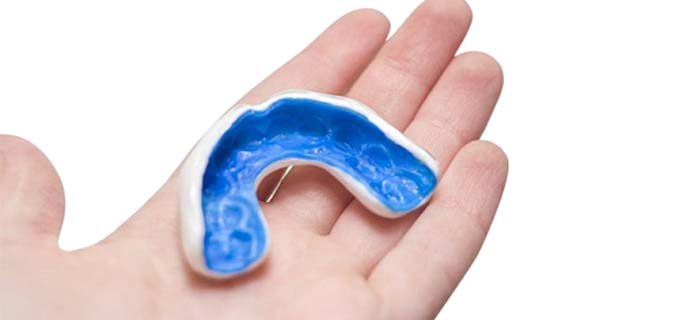
Even sports-related dental injuries can be prevented, or at least lessened, if you wear an athletic mouthguard. We can create one of these custom-fit trays to place over your teeth when you play sports. It absorbs much of the impact in the event of a blow to the face, potentially saving your pearly whites from disaster.
Don’t Use Your Teeth as Tools

Your tooth enamel is incredibly strong, but it’s far from indestructible. While it can withstand the pressures of biting and chewing for decades, it wasn’t meant to help you open bottles, containers, or packaging. Using your teeth as tools can all too easily lead to a broken tooth or even scratch your gums. That’s why it’s worth taking a few extra moments to grab the appropriate tool for the job, like a bottle opener or a box cutter. Think of the time you’ll save on not needing to drop everything and head straight to our emergency dental office in Indianapolis!
Dental Emergency FAQ’s

Dental emergencies may not happen often, but when they do, you’ll want to know exactly what you should do next to protect your smile and your oral health. That’s why we’ve included a section on the most common questions we get regarding dental emergencies, as well as our responses. If you aren’t sure if you are experiencing a dental emergency, don’t be afraid to call our dental office regardless. We want to make sure that you have the opportunity to get your issue handled as soon as possible.
What Can I Take to Help With Tooth Pain?
We recommend that you take ibuprofen to reduce pain and inflammation in your tooth. You can also take naproxen sodium, which is another nonsteroidal anti-inflammatory drug ideal for relieving tooth pain. We ask that you do not take aspirin as this can cause a burning sensation in your gum tissue if it comes into contact with it. In the event that none of these medications are available, you can also apply an ice pack to your cheek.
How Long Does a Toothache Last?
If you have tooth pain that lasts longer than one to two days, you need to see a dentist right away. However, if the pain is so severe that you struggle to practice daily activities or sleep, you’ll want to come in sooner. If you’re experiencing tooth pain following a dental procedure, such as a root canal or tooth extraction, it should go away after a few days. If it doesn’t, call our dental office right away.
Should I Go to the Emergency Room for a Dental Emergency?
The only time you should go to the emergency room for an oral-related injury is if you have sustained a broken jaw, if your mouth is continuously bleeding and does not stop, or if you are having trouble breathing. In these cases, visiting the ER is a more productive use of your time. After you have been stabilized, you can then come to our dental office for closer examination. Common dental emergencies cannot be treated in an emergency room, which is why you should visit us first instead.
Will My Toothache Go Away on Its Own?
Since most toothaches are the result of untreated decay or infection, they generally will not go away on their own. They’ll need to be treated by a dental professional as soon as possible to keep the underlying issue from worsening. There are many possible causes of tooth pain, which is why you should see a dentist right away to rule out any serious issues. Additionally, addressing problems early on will keep them from turning into severe complications down the line.
What Does Throbbing Tooth Pain Mean?
In most cases, throbbing tooth pain is a sign of an infection or inflammation within the tooth. When cavities inside the tooth allow air and bacteria to reach the sensitive inner area, it can result in irritation and potential infection of the pulp nerves. Sometimes, throbbing teeth could also be the result of chronic teeth grinding and clenching.
My Chipped Tooth Doesn’t Hurt. Do I Still Need to Visit?
Absolutely! You should always schedule an appointment with your dentist immediately after chipping a tooth. Even if you don’t experience any pain, you won’t know for sure whether or not the inner area of your tooth is exposed until a dentist examines it. Most people can afford to wait a day or two to seek treatment if needed. However, it’s best to see a professional as soon as possible. Otherwise, the injured tooth is at risk of infection and further damage.
What Is Causing My Jaw Pain?
Chronic teeth grinding and clenching place unnecessary stress on the jaw joints, causing jaw pain. Although that is the most common reason for that discomfort, jaw pain can also be the result of facial injuries that never healed properly. A misaligned jaw can also lead to temporomandibular joint disorder (TMD), which is a condition that affects the joints connecting the jaw to the skull. If you’re in pain, you should make an appointment with our team at Indianapolis Family Dentistry to identify the source of your discomfort. Once we’ve determined the cause, we can create a treatment plan that’ll provide you with prompt relief.

